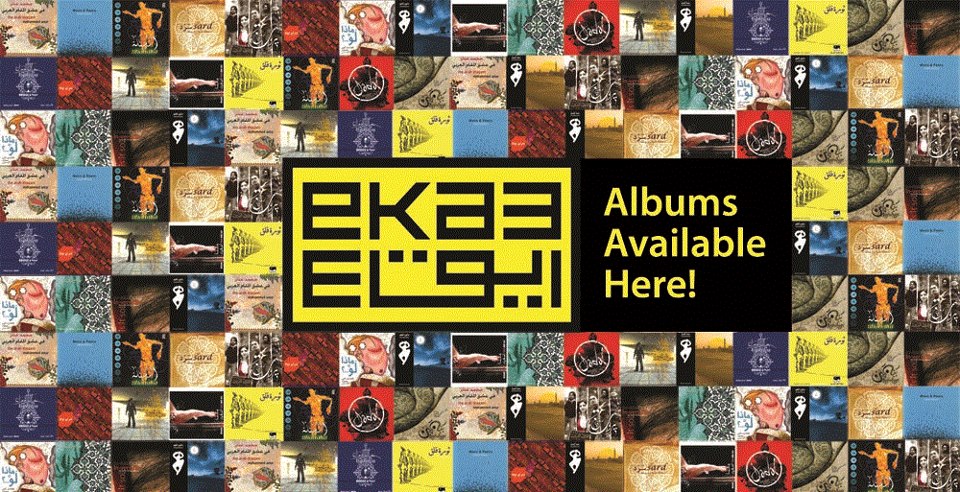
(Photo By Khalid Shaalan)
In 1974 Syrian writer Mohamed El-Maghout wrote the play The Clown, which juxtaposes the Arab world of today with its legendary empires of the past. Now, Utopia Theatre Group has taken this central contrast and set its satirical sights on contemporary Egypt, performing their adaptation of the play at El-Sawy Culture Wheel on 17 June.
The play opens with two clowns trying to perform in front of a traditional coffee shop, only to be rejected by the audience. This is followed by a presentation of three types of Egyptians: the educated citizen who rejects barbaric behaviour; the ignorant, wailing citizen who objects to and laments everything; and those who remain indifferent.
The clown acts as the protagonist. At the beginning he seems frivolous and inconsequential, but as the audience starts to object to the barbaric performances on display, the character transforms. He becomes defensive, violent and unwilling to compromise.
The turning point of the play is when the clown is whisked away to the time of Abd Al-Rahman Walid El Mikaati, the founder of a Muslim dynasty in Iberia, a region formerly known as Al-Andalus. Winding up in the company of El Mikaati and two of his commanders, the clown struggles to make them understand that he is of a different time as they struggle to comprehend that their “descendant” is a measly clown.
The clown then shows his new companions newspapers from his era that feature achievements in sports and singing competitions, making them believe that the Arab world is flourishing. However, this illusion soon falls apart, and they realise that Arabs have lost valuable cities that were once ruled by Muslims, including Al-Andalus and Palestine. El Mikaati vows to restore the glory of the Arab world, and so he returns with the clown to the present time.
Once there, however, El Mikaati finds that his mission is not so simple. He is first hindered by paperwork and formalities, and then after he finally succeeds in rallying the people, he is imprisoned. The government agrees to barter him for Spanish wheat, disregarding public support for El Mikaati.
Overall, the acting during the performance was energetic, and several actors, especially the clown, showed promise. However, the introduction seemed a bit too long and other parts of the play tended towards sensationalism, especially during a five-minute reel of Egyptians getting shot, beaten up and trampled on throughout the past two years.
The adaptation of the play also failed to truly explore the weaknesses of the people and instead focused on the mistakes of the ruling authorities and security forces. There was also an overemphasis on the glory of the Arab world at the time of El Mikaati, which certainly had its own failures. It is a shame that in this version of the play balance was lacking, however with some improvements, it could be a powerful performance.




